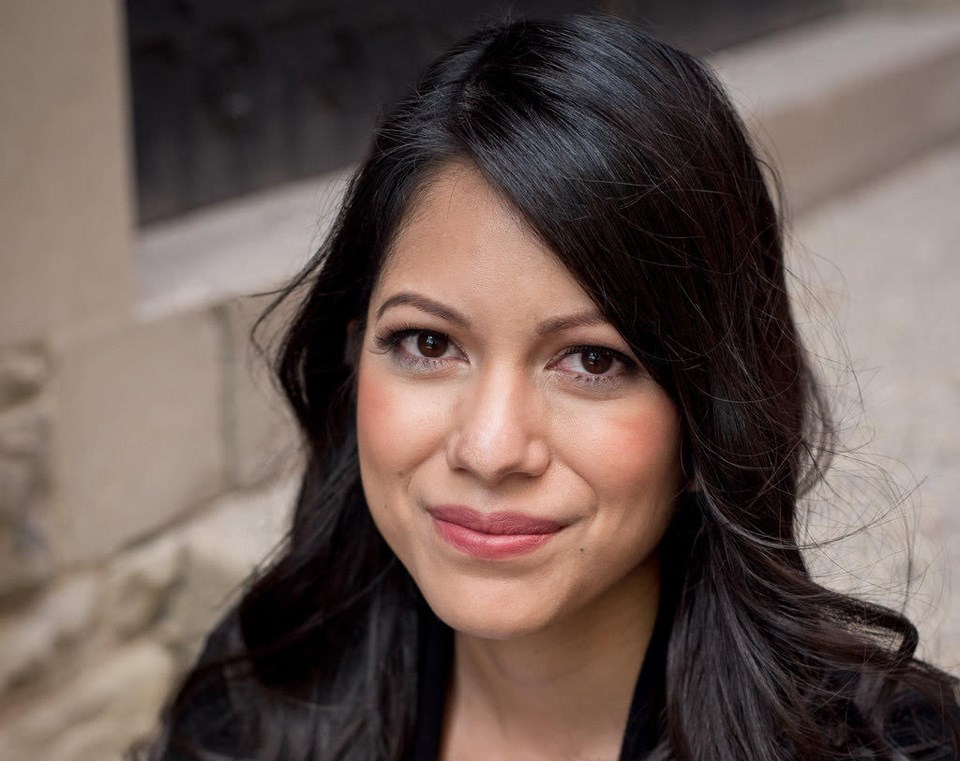“Every night we wait for death.”
Hind, the co-founder of Project Seed, a women’s rights organization that has worked for over 20-years in eastern Gaza, told me that for Palestinians in Gaza, each day and each night is uncertain.
The ongoing war has directly killed at least 186,000 people between October 2023 and July 2024 – the majority of which are women, children and the elderly -- and displaced more than 2.2 million people.
Those who survive the airstrikes are often left disabled, with amputated limbs or paralyzing injuries. According to Hind, the number of people with disabilities has increased in unimaginable ways: “Every family has one or more disabled person.”
Women, in particular, are facing immense pressure because women are the family caretakers, who, in addition to mourning for loved ones, must care for sick, hungry and disabled loved ones in the direst of situations where healthcare and medication are often out of reach.
The war has drastically curtailed the critical work of women’s rights and other non-profit and charitable organizations in Gaza, like Project Seed, whose focus was previously advancing womens’ and girls’ rights. Now, they are working tirelessly responding to the devastating and climbing humanitarian needs of their communities – and at great risk to themselves.
Women’s rights organizations are effective, critical and necessary humanitarian actors during times of crisis. But they need the assistance of international organizations, governments and agencies. It’s time we gave it to them.
Organizations like Project Seed fill critical gaps. Large international non-governmental organizations are not always permitted to operate in Gaza, and it is becoming increasingly difficult for international aid workers to enter Gaza.
Additionally, locally founded, run and operated women’s rights organizations are deeply rooted in community and hold first-hand contextual knowledge of the issues. Staff from Gaza understand the social, cultural, political and religious context in which they work. “A mouse on the ground; we live among people,” Hind says.
Large international organizations who are permitted to operate in Gaza acknowledge that they can’t provide aid because they lack local connections. In this context, as in so many other international conflicts, women’s rights organizations like Project Seed are well placed to act as first responders.
Project Seed also highlights the importance of cash assistance programming, particularly during times of crisis. The all female, 7-member Project Seed staff team deliver aid and cash directly to tents where displaced families are trying to survive. They travel by foot because of destroyed roads and fuel shortages, against the backdrop of whizzing drones, and under threat of constant bombardment.
Aid parcels donated through large international NGOs are not enough to sustain families.
The risk that first responders like Project Seed undertake cannot be understated. Yet, according to UN Women, 56 per cent of the organizations from this region surveyed experienced a decline in funding since October 2023, despite the fact that international support is needed more than ever.
What can be done to help women’s rights organizations, like Project Seed, help their local populations in Gaza and beyond?
Firstly, and urgently, governments and international agencies need to work together to demand an immediate and permanent ceasefire to the region.
People in Gaza need basic necessities -- food, water, medicine -- but above all, they need to be safe from constant bombardment and access their basic human rights. Temporary “pauses” are not enough.
Hind urges people of conscience and international feminist organizations to put pressure on decision makers, the United Nations agencies and international governmental institutions, with whatever tools we have at our disposal. “The most important thing is that people live safely,” she says.
Additionally, the organizations working on the ground need more and better funding -- today.
Research conducted by the philanthropic sector, feminist civil society, multilateral institutions and governments tells us that women’s rights organizations like Project Seed are proven agents of change who are best placed to respond to the needs of the communities they serve. In fact, we know that women are critical to peace processes; peace agreements including women are 35 per cent more likely to last at least 15 years.
Yet, women’s rights organizations continue to be vastly underfunded when they need unrestricted, multi-year funding. Funders also need to examine how their internal processes and administrative requirements help or hinder these organizations in their ability to respond to changing contexts.
Hind dreams of a day when Project Seed will be able to continue its work to support women, safely: “When I close my eyes, I see a dream from my heart.”
María Wong is Senior Strategic Partnerships Advisor with the Equality Fund, a global women’s fund shifting power and resources to women’s rights organizations in the Global South and East, including to Project Seed.
The commentaries offered on SaskToday.ca are intended to provide thought-provoking material for our readers. The opinions expressed are those of the authors. Contributors' articles or letters do not necessarily reflect the opinion of any SaskToday.ca staff.




